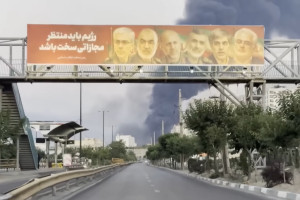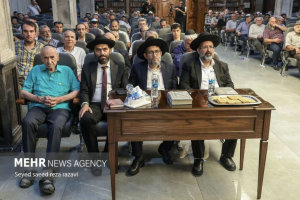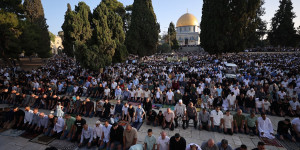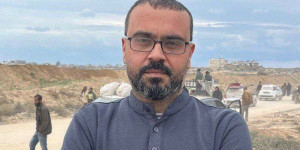Satellite imagery shows extent of damage to Iran’s notorious Evin Prison by Israeli airstrikes
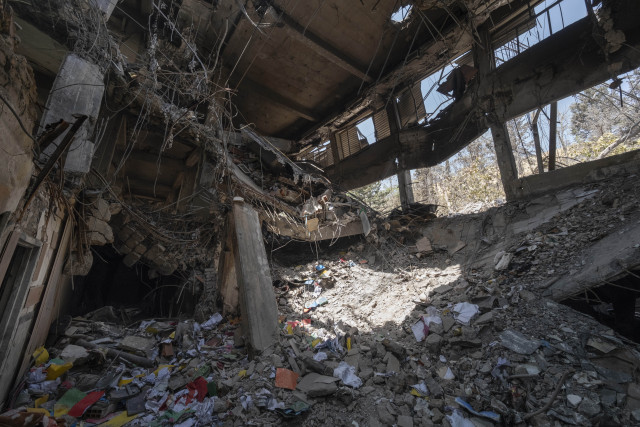
The Israel Air Force (IAF) bombed Iran’s infamous Evin Prison at the end of last month’s Operation Rising Lion military offensive against the Iranian regime’s military, nuclear and governing sites.
The Tehran prison, which was a potent symbol of the ayatollah regime’s systematic oppression and brutality, was severely damaged in the Israeli aerial strikes according to satellite images and witness accounts.
Iranian authorities reported that 71 people were killed in the Israeli strikes on the prison. There are currently no independent sources that can verify this number. However, based on death notices and interviews, 43 of the fatalities were prison staffers including senior officials and the prison’s chief prosecutor who personally managed high-profile trials against opponents of the ayatollah regime. This appears to corroborate the Israeli announcement that they were targeting Iranian officials and avoiding harming civilians in the prison. Yet, four civilians including two children were reportedly also killed in the strikes.
A former inmate who witnessed the strikes on the prison from a nearby location, told The Washington Post that he “dreamed that he might one day see the prison gates come crashing down, but what he found that day was nightmarish. Everything was rubble,” adding “It was really like complete chaos and apocalypse.”
Satellite images from the Maxar Technologies company, reveal that the Israeli strikes caused destruction at four different locations of the prison complex.
“Based on the locations [of the damage], it appears there must have been at least four separate munitions, as nothing that was hit would seem volatile enough to cause damage to spread elsewhere,” the military intelligence analyst Sean O’Connor assessed.
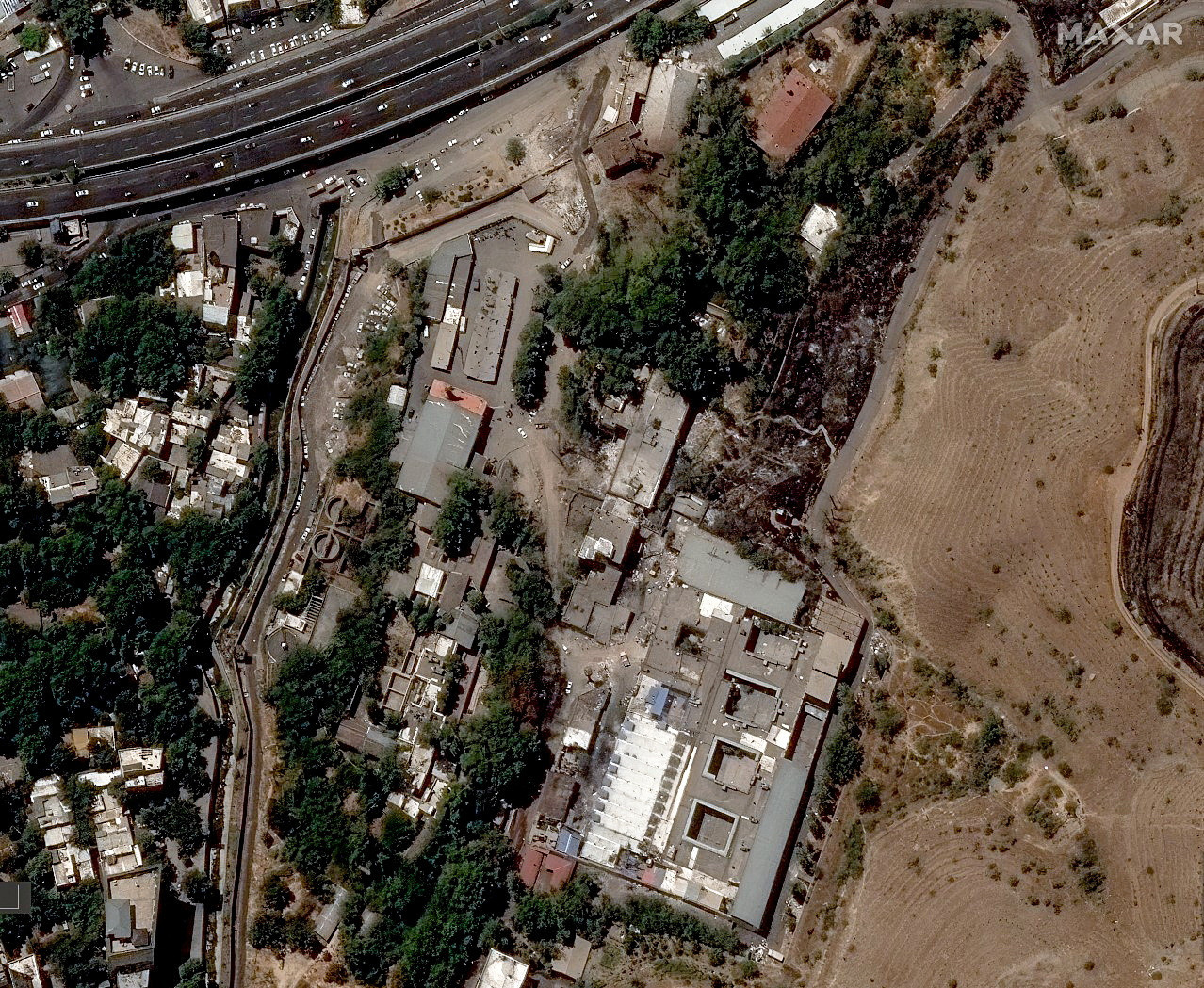
The focus of the Israeli strikes was reportedly the administrative wing with prison personnel, the infamous isolation block of Ward 209, the prisoner visitation zone and the medical clinic.
The Israeli military’s spokesperson Brig. Gen. Ephraim Defrin announced after the strikes that the impacted prison areas were used by the ayatollah regime for “intelligence operations against Israel, including counter-espionage,” stressing that the Israeli strikes were carried out with “maximum precision to minimize harm to imprisoned civilians.”
A second intelligence expert, William Goodhind, assessed that the Israeli strikes focused on targeting the complex with key staff facilities and the prison’s entry gate. Goodhind argued that “lower yield munition was used [rather] than larger-scale airstrikes where the intent is to level the building.” This assessment appears to confirm the Israeli position that it tried to minimize civilian casualties in the strikes.
Female political prisoners who remained in the facility following the strikes, were reportedly forced to clean up the rubble under the supervision of armed regime guards.
“There were guards everywhere, pointing guns at their heads, and no water, no gas, no telephone access,” revealed a former inmate who had spoken to some female prisoners. “Families were extremely worried. Who knows what will happen next.”
The day after the Israeli strike on Evin Prison, Qatar and the United States brokered a ceasefire between Iran and Israel that formally still appears to be holding despite initial Iranian ceasefire violations with missile strikes on southern and northern Israeli cities.
Israel initially planned a massive response to Tehran’s lethal ceasefire violations, which killed at least five Israeli civilians. However, following pressure from U.S. President Donald Trump to maintain the ceasefire, the Israeli government ordered instead a symbolic strike on Iran’s regime. While admitting that Iran violated the ceasefire, Trump argued that Israel should not jeopardize it by carrying out large-scale military strikes on Iranian military targets.
Following the 12-day war with Israel, the Iranian regime reportedly arrested at least 700 people in Iran who stand accused of being “Mossad spies” and opponents of the regime. The ayatollah regime specifically targeted members of Iran’s tiny Jewish community, accusing them of alleged cooperation with Israel.

The All Israel News Staff is a team of journalists in Israel.
You might also like to read this:


